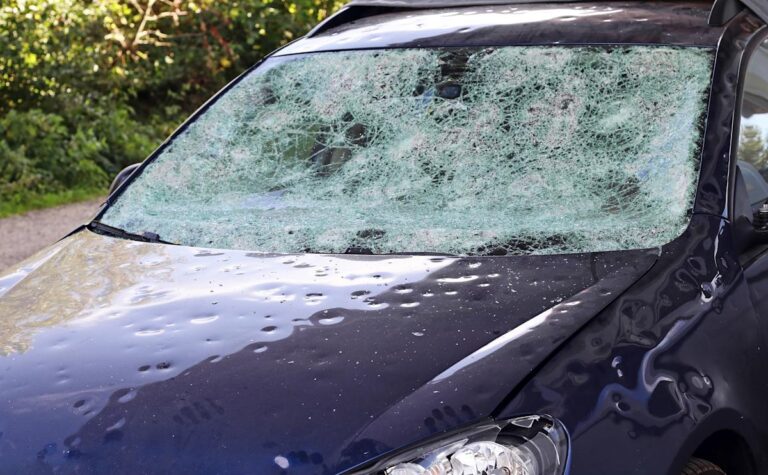
From 2027, new EU rules will limit cash payments for business purchases to €10,000—changing how large transactions are handled across Europe.Credit : Viktor Kintop, Shutterstock
Who hasn’t dreamed of paying for something big with a fat envelope of notes – as long as the necessary funds are available- just for the drama? Maybe a vintage motor in Munich, or that dream kitchen in Amsterdam. Well, those days are coming to an end across Europe.
From 2027, a new EU rule says you’ll be barred from handing over more than €10,000 in cash when you buy something from a business, no matter which of the 27 EU countries you’re in.
And if you’re thinking, “That’s hardly going to affect my Friday night curry or the odd treat for the kids,” you’re absolutely right. But for anything grand- think cars, watches, a posh cruise, or even a designer handbag—it’s now strictly card, transfer, or bank-approved payment after the magic ten grand.
EU cash limit 2027: Fighting money laundering and crime
So, why does Brussels care how you pay for your stuff? It’s all about making life harder for money launderers, tax cheats, and anyone who’d rather the authorities didn’t know where their dosh is going. Paul Tang, the Dutch MEP pushing this, basically said they’re sick of people buying luxury cars, yachts, or even private jets with “funny money.” Hard to argue with, really.
From 2027, if you fancy spending over €10,000 at a single business, you’ll have to do it in a way that leaves a paper trail. No more suitcases of notes for a new Mercedes or a suite at that swanky Monaco hotel. The bank wants a peek, and so does the tax man.
EU cash payment limit 2027: What’s changing and who’s affected
Here’s the bit that might surprise you: for a good chunk of Europe, this is brand new territory. In places like Germany, Austria, Ireland, and the Netherlands, there hasn’t been a legal cap on cash spending. But that all changes in 2027. Got €12,000 burning a hole in your pocket for a motorbike? Tough, split the payment, use your card, or forget it.
If you’re reading this in Spain, France, or Italy, you might wonder what the fuss is about. Those countries already have their own strict rules—like France’s infamous €1,000 cash limit, so for you, this EU-wide law is just business as usual.
But if you’re in Luxembourg, Cyprus, or even the UK (if you’re still trading with EU businesses), brace yourself for a bit of culture shock. The days of big, anonymous cash deals are numbered.
EU cash limit 2027: Are private sales affected?
Here’s a nugget you’ll be glad to know: the new rules don’t touch private sales. If you’re flogging your old record collection or handing over cash for a friend’s motor, no one’s coming to count your notes. This law is all about business transactions—shops, showrooms, and so on.
But if you’re buying from a business, the seller has no choice. They can’t accept more than €10,000 in cash—even if you’ve just had a big win at the races.
Some might wonder if businesses will ignore the new rule. But there’s good reason not to. If they get caught breaking it, the fines could sting—and the authorities are more clued up than ever, especially when it comes to big-ticket buys. Plus, with everything else moving online, it’s easier for banks and tax inspectors to spot something dodgy. If you’re a retailer or car dealer, it’s simply not worth the headache.
Cash isn’t dead but the rules are changing
So, what’s the real takeaway? The EU isn’t banning cash. They’re just making sure it doesn’t get used for dodgy dealings or secret handshakes behind closed doors. You can still pay for your pint, your new trainers, or even a cheeky meal out in coins and notes, no problem. But when it comes to splashing out, be ready for a few more questions and a lot less drama at the till.
Stay tuned with Euro Weekly News for more European news


![Sunday is the last day to take advantage of the Chase refinance mortgage rate sale [Expired]](https://thenewsblend.com/wp-content/uploads/2025/12/eed000a0-caf6-11f0-baaf-499d9d48b516-768x512.jpg)



